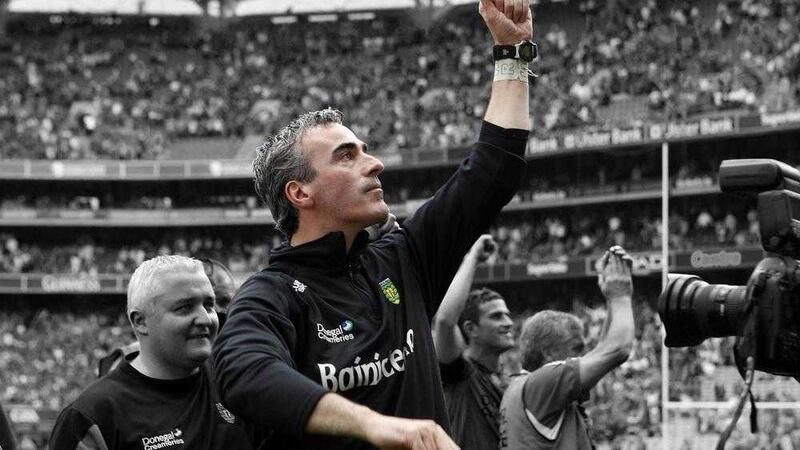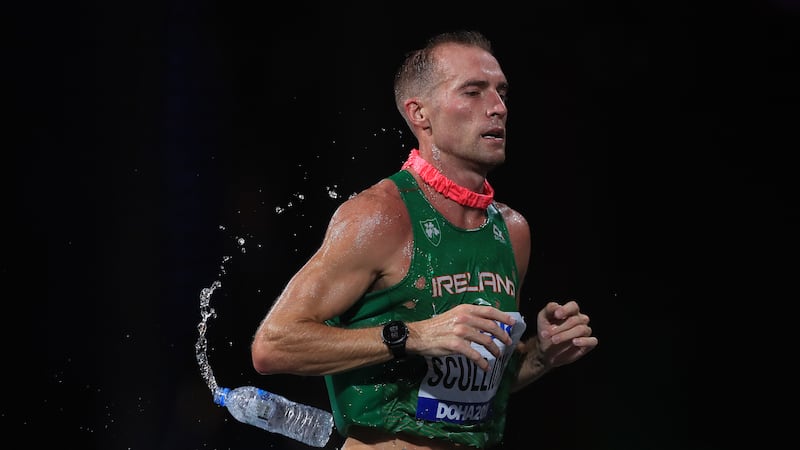I THINK it was during Brian Kerr’s reign that Robbie Keane initially refused to do a press conference unless a particular journalist was removed from the room.
At the time Keane was going through a barren spell in front of goal for the Republic of Ireland.
Apparently, the ‘offending’ journalist wrote an article criticising Keane’s performances and that his flashy white boots weren’t helping him.
When it was communicated to us via an FAI press officer that Keane would only participate in the press conference with the removal of the journalist, reporters weren’t for budging.
They backed their colleague and insisted Keane would be speaking to an empty room if he didn’t drop his pre-condition.
Negotiations took place back stage between the FAI press officer and the player. Fearing a PR disaster, Keane was cajoled into doing the press conference with all members of the media present.
It proved a blip in media relations with the Republic’s record goal-scorer.
Win, lose or draw, the Dubliner always stops to speak in mixed zones after games and commands universal respect among members of the media.
In 2012, GAA reporters should have walked out of the room when Donegal’s All-Ireland winning manager Jim McGuinness refused to take part in his post-match press conference unless one of our colleagues, Declan Bogue, was ejected from the room.
Moments earlier, McGuinness had just guided his native county to the All-Ireland title. This was car crash stuff.
It was a particularly regrettable episode on a number of fronts.
Our colleague should never have been asked to leave the room by the on-duty GAA press officer. A few minutes of reflection backstage might have eased tensions.
Sadly, the room lacked any sense of solidarity and therefore a mass walk-out was never going to happen.
Everyone knows the story by now. Bogue wrote a book in which he’d interviewed Donegal player Kevin Cassidy, who provided rare insight into the inner workings of the Donegal panel under McGuinness’s leadership.
Consequently, McGuinness axed the Gaoth Dobhair man from the panel for breaking the agreed code of confidentiality.
It shouldn’t have to be said, but Bogue did nothing wrong.
He did what every enquiring journalist should do. He provided invaluable insight to the reader.
Earlier in the year, Bogue was part of the press pack during McGuinness’s post-match briefings. No demands of ejection were made until All-Ireland final day.
But by the third Sunday in September, Bogue had become the rodent problem.
McGuinness’s timing was lousy to say the least.
During his four years as Donegal manager, I had great regard for Jim McGuinness. I liked him a lot.
Whenever Donegal were holding press nights, I’d put my hand up to attend them because his interviews were hugely engaging.
Jim had a magical quality. You were entertained and informed in equal measure.
But he reserved his worst performance during his finest hour. With Bogue kicking his heels outside the room, McGuinness’s press conference lacked any real focus.
With pursed lips, Jim was on auto-pilot.
For once, he struggled to articulate what it was like to win the Sam Maguire as Donegal’s manager.
There was a genuine sadness about his actions that day because, regardless of his feelings towards the journalist, he allowed the negative energy in his head to win.
I’d say the vast majority of reporters in the room were genuinely happy for the heart-on-his-sleeve Glenties man to achieve the ultimate goal.
Why spoil it for yourself?
To jettison Kevin Cassidy from the Donegal set-up at the end of the 2011 season was also a mistake by him.
For McGuinness, the code of confidentiality was non-negotiable. In his eyes, Cassidy had to go. It was black and white.
Still in the early throes of his reign, McGuinness probably felt he needed to show strong-armed leadership to make a point to the rest of the squad.
But what wasn’t properly thought through by McGuinness was the human cost to Cassidy.
The Gaoth Dobhair man was an outcast. Banished. Forever condemned. Remembered for all the wrong reasons.
After all, Cassidy was the one who had to walk down the street with people staring and whispering and looking over their shoulders.
There was stigma, indignity, embarrassment.
Somewhere along the way perspective was buried at some irrelevant outpost of reasonableness.
In the 2001 movie Pearl Harbor, Admiral Yamamoto is leading the Japanese fleet to inflict heavy casualties on American servicemen.
Prior to dropping the first bomb one of Yamamoto’s junior officers praises his superior for being a “brilliant man” in leading the fleet.
“A brilliant man,” Yamamoto ruefully replies, “will find a way not to fight a war.”
There were other ways for McGuinness to deal with Cassidy’s perceived indiscretion without compromising his own authority over the group.
McGuinness is currently launching his autobiography Until Victory Always. Judging by the extracts it promises to be a riveting read. How he reflects on his handling of the Kevin Cassidy affair will be interesting.
Given that it is the season of book launches, Rory Kavanagh also has a book out titled Winning.
In the book, he discusses Cassidy’s axing.
“If I had met him (Cass) at that time,” writes Kavanagh, “I would have crossed to the other side rather than talk to him and my anger was pure.”
With hindsight, Kavanagh has reappraised his thoughts on how Cassidy was treated.
“I ask myself, now, if Jim was right to cut him as he did without hesitation and with absolutely no mercy… I have softened since the end of 2011.”
The sad part of this entire narrative is that hindsight was required at all to realise Cassidy was treated shamefully.
Players can blame “living in a bubble” – but it’s a weak excuse.
Somebody should have stood up for Cassidy at the time.
Even out of compassion. Kevin Cassidy was a pure footballer. And still is.
He won’t be remembered for being a brilliant footballer but a man who was treated unfairly by his manager and his team-mates and denied the opportunity to live some truly glorious moments his talent so richly deserved.
Brilliant men always find a way not to fight a war. And, for the record, everything was not vindicated by Donegal winning an All-Ireland title in 2012.








